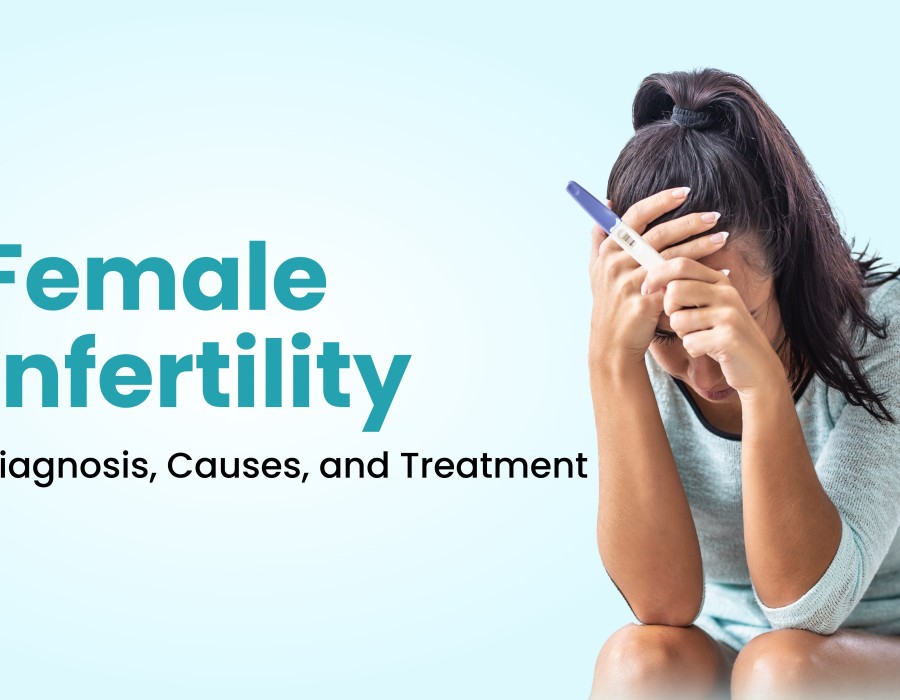Female infertility is a deeply personal and often distressing experience that extends far beyond physical health. The psychological impacts can be profound, affecting various aspects of a woman's life. Female infertility is a deeply personal and often distressing experience that can have significant psychological impacts. Understanding these effects is crucial for providing support and fostering resilience.
Depression and Anxiety
Women facing infertility may experience depression, characterized by persistent sadness, hopelessness, and a loss of interest in daily activities. Anxiety is also prevalent, driven by concerns about treatment outcomes, the future, and societal pressures to conceive.
Self-Esteem and Identity
Infertility can impact a woman's self-esteem and sense of identity. Societal and cultural expectations often tie womanhood to motherhood, leading to feelings of inadequacy and failure when facing infertility.
Relationship Strain
The emotional burden of infertility can strain relationships. Stress, communication breakdowns, and differing coping mechanisms between partners can lead to conflicts and a sense of isolation within the relationship.
Social Isolation
Feelings of shame and embarrassment may cause women to withdraw from social activities, especially those involving children or pregnancy discussions, increasing feelings of loneliness and isolation.
Guilt and Blame
Women often internalize guilt and blame themselves for their infertility, feeling responsible for their partner’s inability to conceive. This self-blame can exacerbate feelings of worthlessness and despair.
Coping Strategies
Seeking professional counseling, joining support groups, maintaining open communication with partners, educating oneself about infertility, and engaging in self-care practices are essential for managing the psychological impacts of infertility.




.png)

Comments